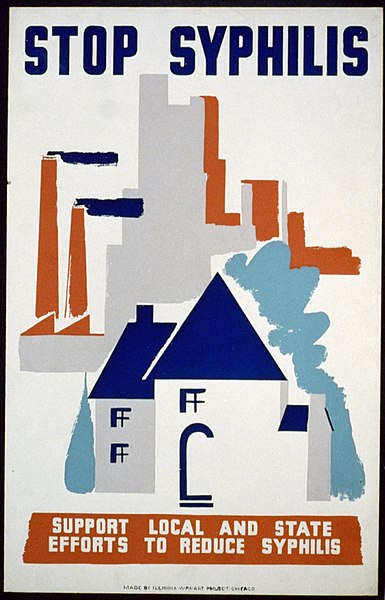Today Guatemala celebrates its Independence Day and it is quite a different country than it was just 365 short days ago, or even six months ago, when I left Guatemala after finishing my two years of Peace Corps service in the rural, western highlands of the beautiful country.

Photo taken by Kelley in Cajolá, Quetzaltenango, Guatemala at a girls’ leadership camp hosted by Kelley and local health center staff.
When people ask me if I am glad to be back, I sincerely respond that I am not sure if I’m glad to be back in the United States, but I am definitely glad that I am not in Guatemala anymore. You see, Guatemala is an extremely difficult place to live. Bus drivers are frequently shot by cartels when bribes are not paid; men present a real and constant danger in the street and at home because of an oppressively “machismo” mindset that persists in the country; and 50% of children are chronically malnourished, an unfathomable and heartbreaking statistic.
Not only is Guatemala a hard place to live, it is a really hard place to get things done, Decades of impunity, staggering inequality, and corrupt governments make Guatemala a perfect storm of inefficiency and the people of Guatemala, particularly the large indigenous population, are the ones who suffer. According to the World Bank, of every country in the world, Guatemala spends the least on health, education, and infrastructure, proportionate to its economy. The Executive Director of the Foundation for the Development of Guatemala (Fundesa), Juan Carlos Zapata, reports “We believe that 30 percent of the budget is lost to corruption.”
However, today as I think about Guatemala, I am able to reflect more softly on my experience and I have brighter hopes for what’s ahead in Guatemala. Maybe that’s just because my months at home have allowed me to physically and emotionally begin to recuperate from an exhausting two years.
But I think it has more to do with the political revolution that is well under way in Guatemala. Guatemalans in the capitol, Guatemala City, and around the country, have begun to say “enough is enough”. Maybe, like many other countries, this is because of the smart phone revolution, allowing people to spread pictures and ideas more easily. Maybe Guatemala is finally shedding the yoke of a 36-year-long civil war, which ended in 1996 but still stains every part of society. Whatever the reason, the actions taken by ordinary Guatemalan citizens in the past few months make me proud of the time I worked in the endlessly fascinating country of Guatemala.
Protests began in April after the Comisión Internacional contra la Impunidad en Guatemala (International Commission against Impunity in Guatemala, CICIG), an international body backed by the United Nations and responsible for prosecuting serious crimes in Guatemala, charged the Vice President and others in the administration with taking bribes for reducing import and customs taxes.
The first big victory for Guatemalans seeking a less corrupt government was the resignation of Vice President Roxana Baldetti on May 8, 2015, who prosecutors claim took $3.7 million in bribes as part of the customs scandal. At the time, President Otto Pérez Molina claimed no wrongdoing, but CICIG and the Guatemalan people were suspect.
So, protests continued with the simple phrase “Renuncia Ya” (Resign Already) at the heart of it all. For nineteen weeks, concerned citizens protested, employing only nonviolent protest tactics, even going to far as to offer flowers to police. Then the unthinkable happened, on August 31st, the 132 members of Congress who were present for voting (out of 158 members total), voted unanimously to rescind the presidential immunity, which had formerly protected Perez from prosecution. In a country where lawlessness abounds because people are not held accountable for their actions, 132 members of Congress and tens of thousands of protesters decided that Guatemala needed to change.
Then, on September 2nd, the embattled president, Otto Pérez Molina, finally resigned.
Now, with the former Vice President and President in jail, the world’s eyes are watching what Guatemala does next. In Guatemala’s first round of voting for a new president, which occurred on September 6, Jimmy Morales, a comedian with no political experience won the first round. (This election had already been scheduled before Molina’s resignation.) A run-off election will occur on October 25, between Morales and former first lady Sandra Torres. Morales is running on a simple platform of “Not corrupt, not a thief” and is touting his position as an outsider, while Torres is reminding the country of the social work she did as First Lady. There are lingering questions about each of their abilities to continue to rid the government of corruption.
The battle against corruption is far from won, but today, Guatemala’s Independence Day, is a day to celebrate the hard work done by men and women over the past 365 days to ensure a better future for the citizens of Guatemala. Guatemala has been referred to as one of the worst places in the world to be a child, but the progress made in the past few months makes me hopeful that the impoverished, indigenous children I worked with in Guatemala might grow up to live in a country whose government strives to serve them and their families.






